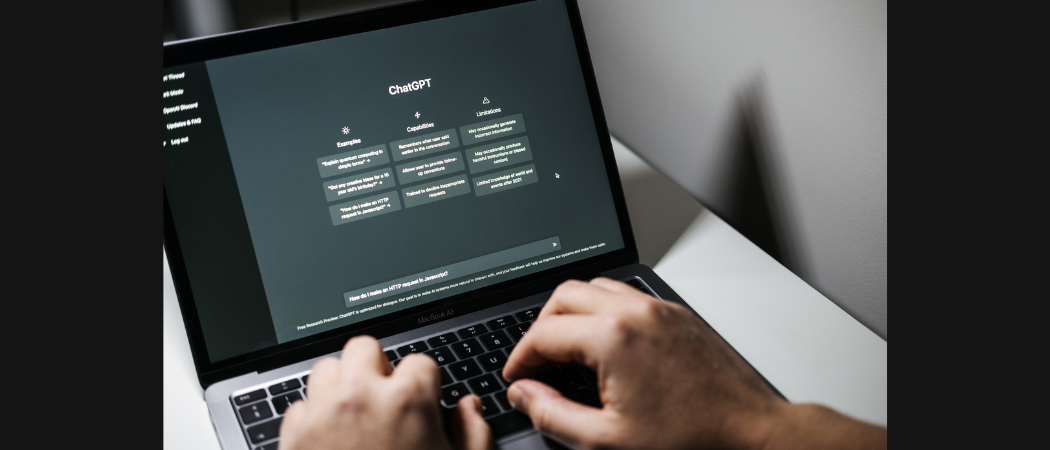One of the leading experts in artificial intelligence (AI) in Europe has suggested that the European Union (EU) should consider investing billions of euros to create a German AI system. Holger Hoos, the founder of the Confederation of Laboratories for Artificial Intelligence Research in Europe (CLAIRE), emphasized the importance of developing an independent, ethical, and transparent AI model to reduce reliance on US and Chinese technology giants.
Hoos proposed a collaborative effort involving top computer scientists in the EU to establish a public initiative similar to the Manhattan Project. This initiative aims to provide a foundation for businesses to innovate and compete in the AI landscape effectively. He expressed concerns about the ability of European companies to rival the dominance of US tech behemoths like Google and Microsoft without a concerted effort at the EU level.
The proposed program, estimated to cost €100 billion over six years, has garnered support from key figures in the AI and robotics communities. The idea of a publicly funded AI design has been met with interest and discussions among stakeholders, including those within the European Commission.
The envisioned AI project would require substantial investment in research infrastructure and the recruitment of top talent across the EU. Hoos emphasized the need for a dedicated facility, akin to a “CERN for AI,” where researchers can focus solely on advancing AI technologies. He acknowledged the challenges of competing with high salaries offered by US tech firms but remained optimistic about attracting motivated individuals to the project.
In contrast to existing AI models developed by US companies, the EU initiative aims to prioritize ethics, transparency, and data quality. Hoos highlighted the importance of curating data sets and incorporating natural reasoning components to enhance the reliability and multicultural aspects of the AI model.
The EU’s pursuit of an independent AI system reflects a strategic shift towards technological sovereignty and innovation. Despite past setbacks in similar endeavors, proponents like Hoos advocate for a more ambitious and risk-taking approach to compete with global tech giants. The potential benefits of a collaborative EU AI project extend beyond technological advancements to economic growth and industrial applications, aligning with the EU’s broader innovation agenda.






